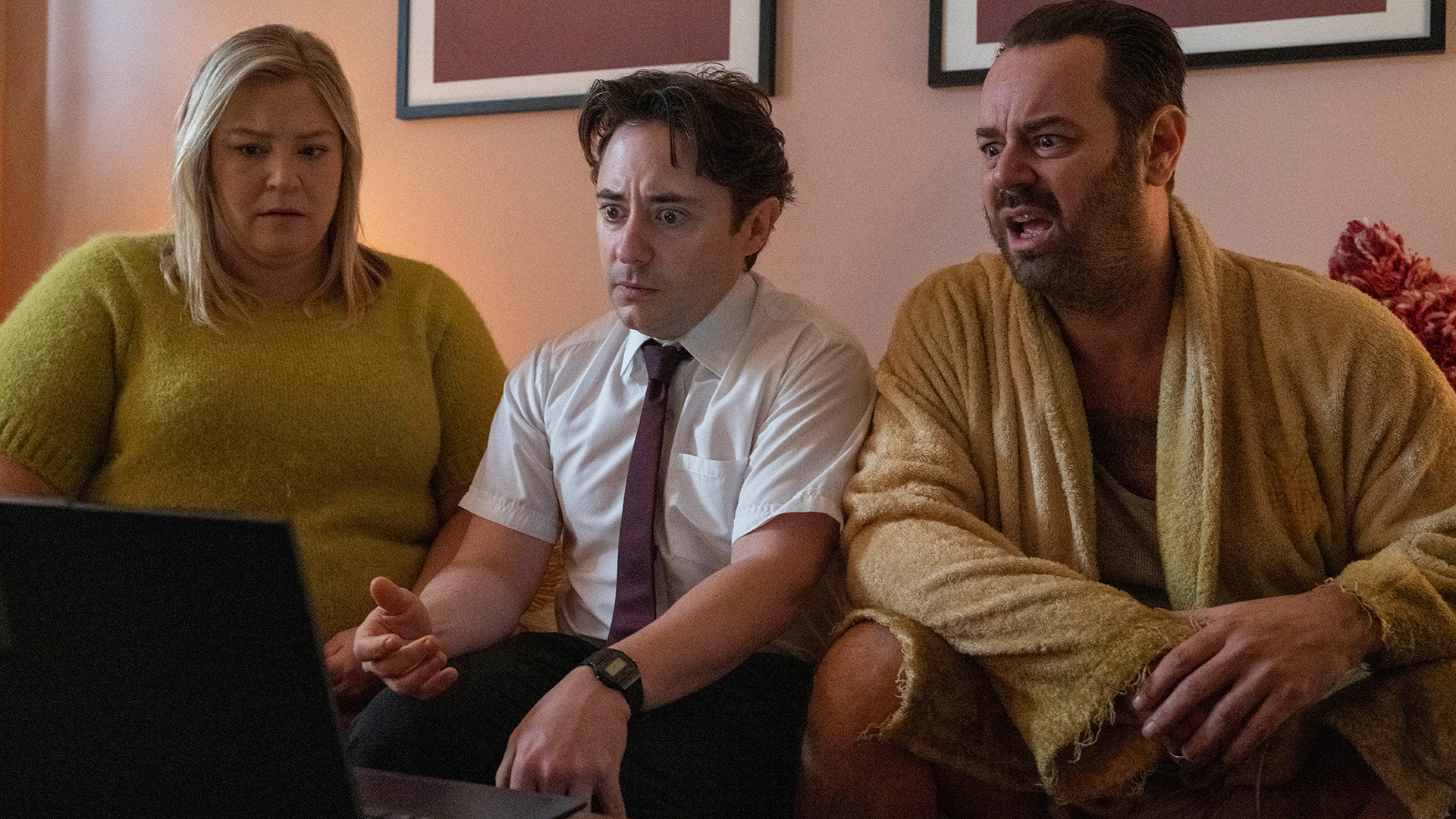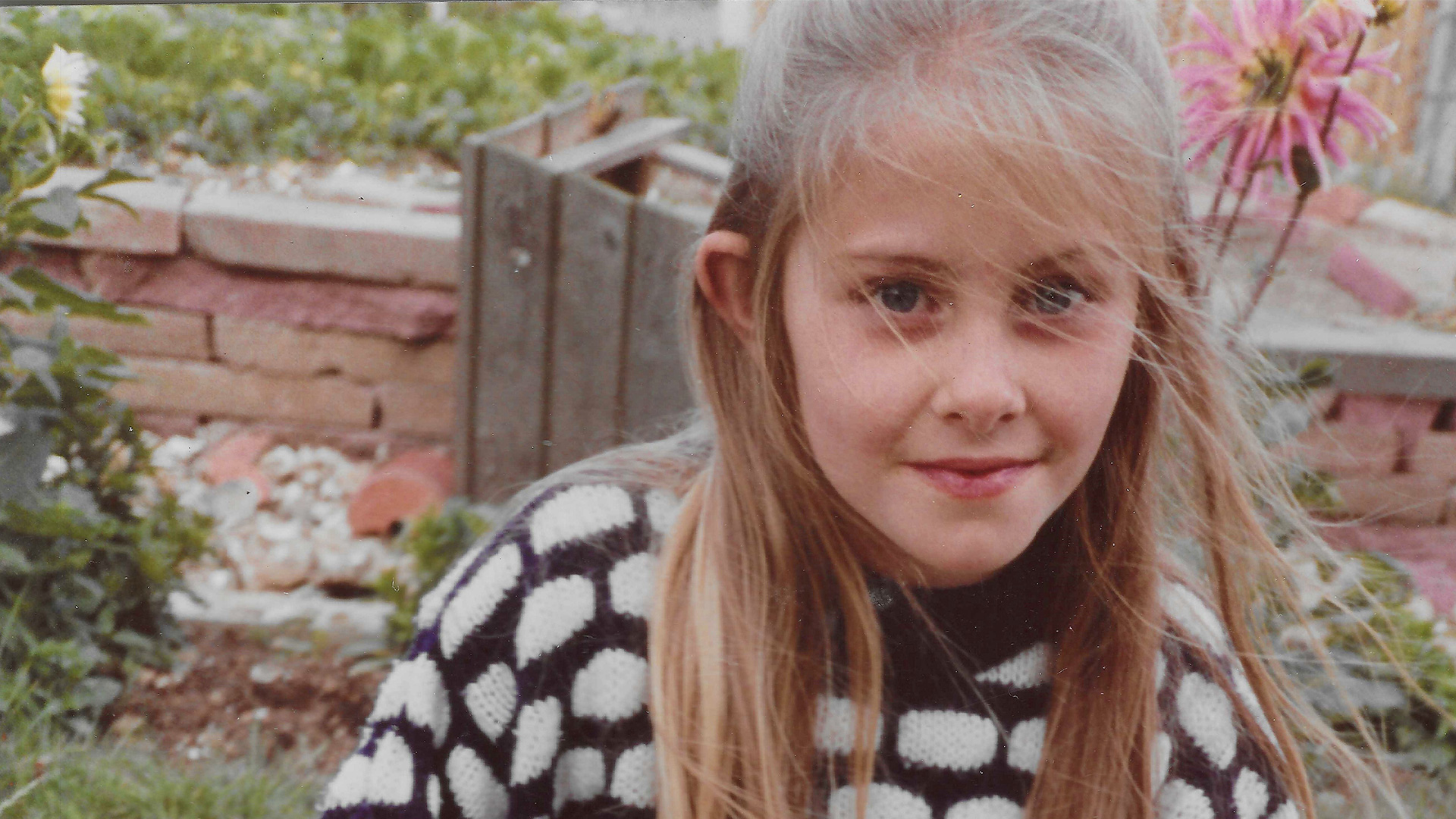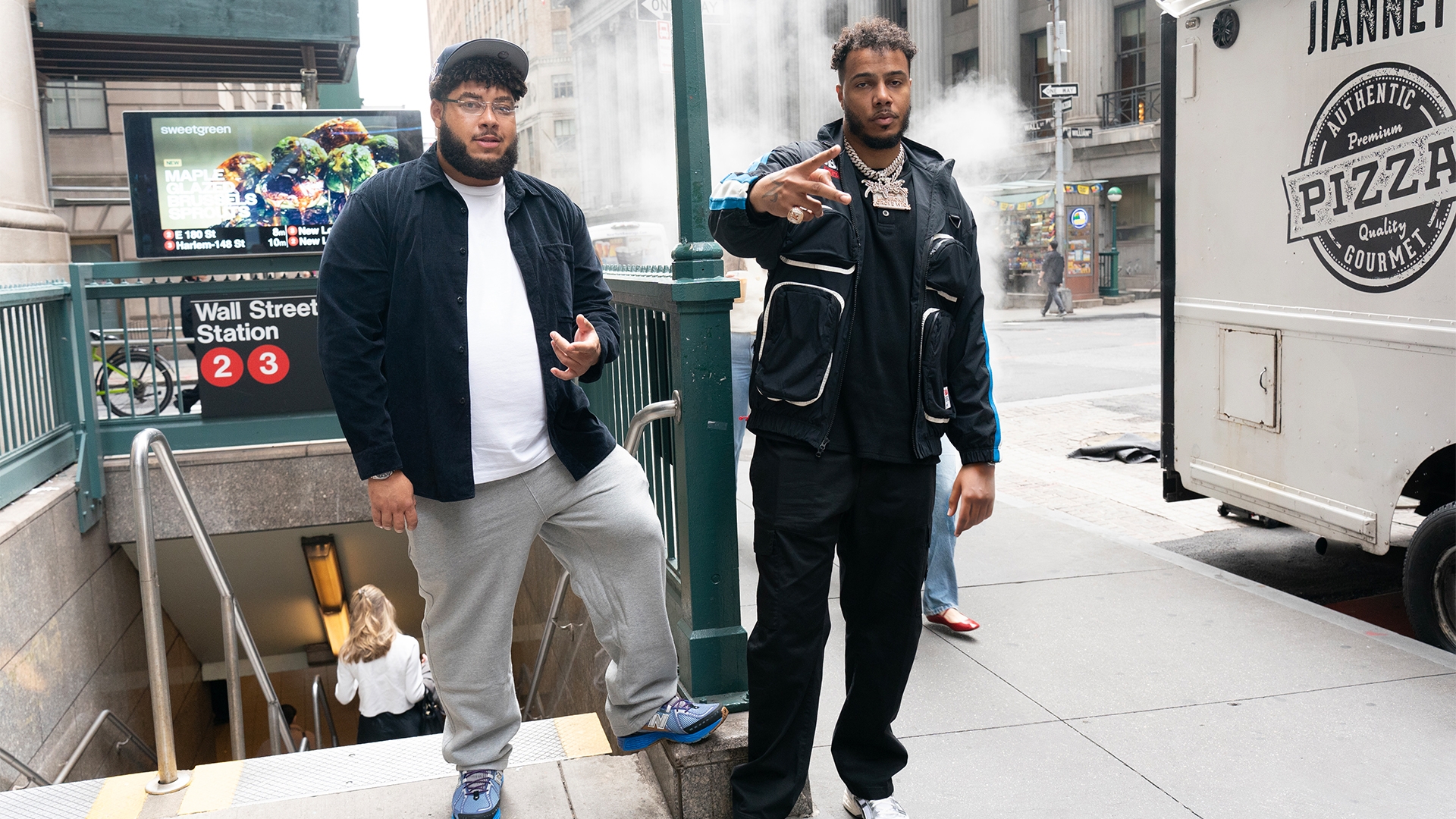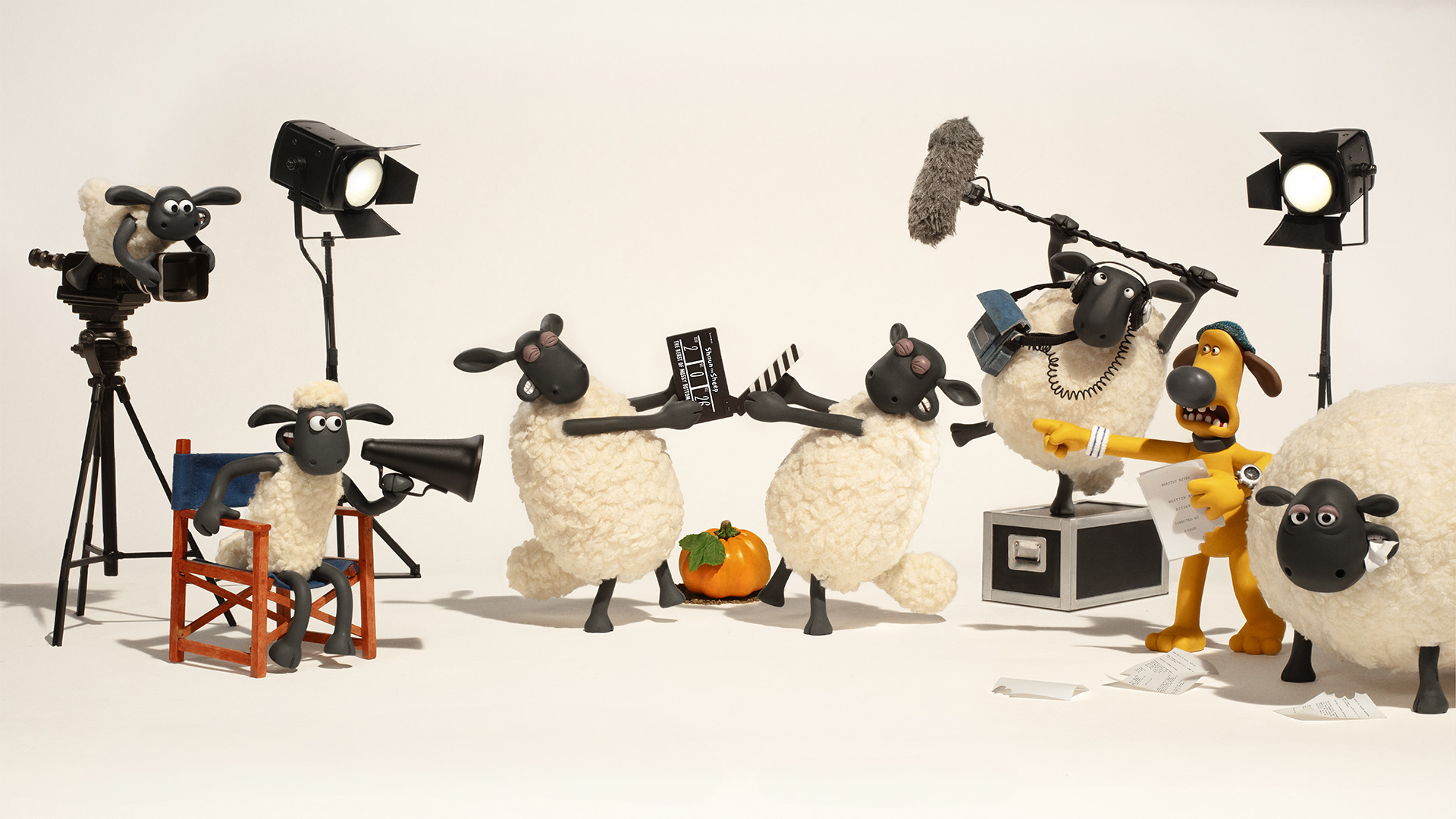Murnaghan Interview with Harun Khan, Deputy Secretary-General of the Muslim Council of Britain
ANY QUOTES USED MUST BE ATTRIBUTED TO MURNAGHAN, SKY NEWS
DERMOT MURNAGHAN: Muslim leaders across Europe were quick last week to condemn the terror attacks but should they even have to? Well Harun Khan is the Deputy Secretary-General of the Muslim Council of Britain, a very good morning to you Mr Khan. Do you think it is incumbent upon all Muslims, many millions of them living in this country and other European countries to denounce attacks like this?
HARUN KHAN: Well firstly I just want to reiterate our condemnation of these acts of violence and our thoughts and prayers go out to the victims’ families in Paris, it’s a heinous act and in terms of the question that you actually asked, why do we feel the need to …
DM: Because shouldn’t people assume that of course the vast majority of Muslims don’t condone it?
HARUN KHAN: Exactly, we’re in a position where in an ideal we wouldn’t have to. I think if we were in a society where people understood the religion and people understood that actually criminals commit crimes, nobody needs to apologise for them, it’s the individual that has committed the crime but unfortunately we are in a situation now of a number of years where perpetrators have carried out an act of violence in the name of religion, specifically Islam, and really from my perspective as a Muslim, as a practising Muslim, that’s a challenge to my understanding of the faith. I have a duty and this is through Koranic injunction that if we see something unjust, an injustice carried out, we need to speak out so the condemnation really is about the action that has been carried out which is criminal in nature and against the law.
DM: Some people tweeting today, have been tweeting into the programme saying shouldn’t Muslims be marching in condemnation of these attacks?
HARUN KHAN: In terms of marching against condemnation, I think we’ve made a very clear line around what we can and can’t do. We get criticised from both sides, on the one hand we’re told that we’re called apologists, apologising for these crimes which we’re not actually, we’re condemning the crime that’s been committed. On the other hand there are people, there are critics and detractors out there who say we are not representative of the Muslim community and over the last few days I have been listening to various callers into radio stations saying where are the Muslims, why are they not condemning it and on the other hand they are saying we are not representative, so I think there is a whole issue around understanding what do we mean by the Muslim community which is very diverse, various sects. MCB is non-sectarian itself and we represent the largest body of Muslims in the UK.
DM: So you feel there is a misrepresentation going on here? There is no such thing as an overall Muslim view for a start.
HARUN KHAN: Well there isn’t. We come to a collective position, we represent a certain body of people so we don’t claim as an organisation to represent every Muslim in the UK and we can’t do that because people have their individual choices, we represent the views of our affiliates, our affiliate organisations which are a large number of mosques and Islamic institutions and programmes like yourself invite in various people to speak on representation, representing different parts of the Muslim community and that’s how it should be.
DM: So do you fear, the hard question, the worrying question is do you fear that it will lead to more divisions within British society and the Muslim community, whatever that may be, that Muslims – let’s just put it that way quite simply – and their places of worship and other places may face reprisals, may face attacks?
HARUN KHAN: We have been I think since the attack in Woolwich, the unfortunate killing of Lee Rigby, subsequently there were a number of attacks on Muslim institutions and Islamic centres, to the point where a community centre in Muswell Hill was burned to the ground and if we think as a society that if the opposite was to happen, say for example a church – we’re not saying that but if it was, the outcry and outpouring but how can we in today’s time in Britain accept the time that a place of worship was literally burned to the ground and we’re not really hearing much of an outcry. So the Muslim community doesn’t always come out and say where is all the condemnation, where are all the people marching and so on? So I think we’re trying to get to a place where we don’t end up in the situation of dividing communities.
DM: But do you feel, Mr Khan, that some Muslims are feeling a bit cowed by all this, thinking I’d better stay quiet here, this is not the time? I mean I’m thinking of parallels with the 1970s and indeed the 1980s when there were terror attacks on the mainland UK launched by the IRA and elements of the Irish community, particularly in the 70s, felt a bit like that as well after pub bombs and things like that, that we’d better keep our heads down.
HARUN KHAN: They did and there are many members of the community, especially the vulnerable within the Muslim community, women, elderly and young children, they feel threatened, they are concerned that they are at threat and there is a good reason for that threat because as soon as something like this happens, if you go on to social media, if you just go on to our Facebook page, MCB, and read the comments. On the one hand you’ll see our statement condemning the attack, if you read the comments underneath it is all from the far right.
DM: Is a bigger danger almost than mosques and places of worship being burned down is a longer term alienation and it is this alienation that already had bred some of those radical, some of those fanatics within the Muslim community, they are alienated and others may feel, increasingly feel not joined in to this society.
HARUN KHAN: It is divisive and I think the actions we have seen in Paris, the killings and in Woolwich, on the one hand the perpetrators are trying to give a message that they are doing it for their reasons, whatever those reasons are, to give a message. What they don’t realise is the impact it has not only on the Muslim community but on wider society. As a Muslim our job is really to engage in society and build communities and work together with wider society, as we have done similarly with the Jewish community. So after the unfortunate killing of our Jewish brethren in Paris we put out another statement in solidarity with them, we’ve given that message to the Board of Deputies, Reform Judaism and the orthodox Jewish community in London and we’ve had messages back from them appreciating our support for them.
DM: Well good to hear that message. Harun Khan, than you very much indeed, from the Muslim Council of Britain.




